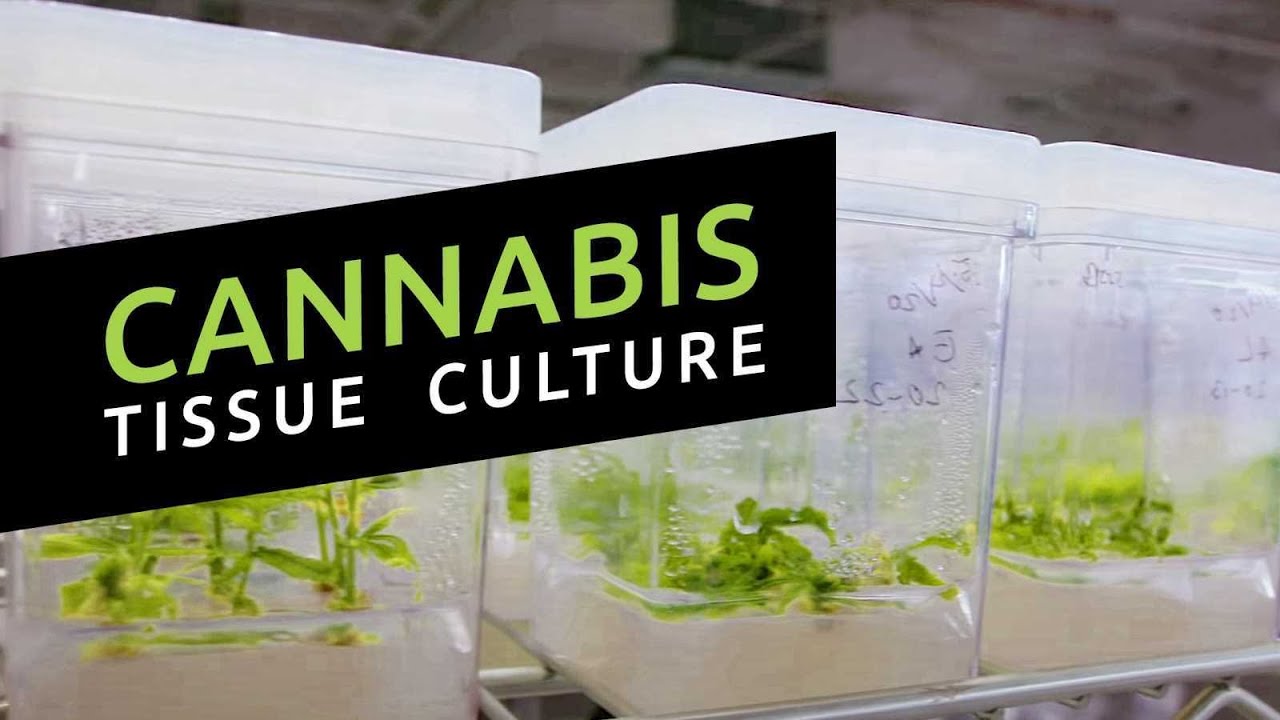
Tissue culture, also known as micropropagation, is a method of growing plants in a controlled environment using small pieces of plant tissue. In the case of cannabis, tissue culture can be used to produce genetically identical copies of desirable plants, as well as to preserve rare or unique strains.
Benefits of cannabis tissue culture
Cannabis tissue culture has several benefits over traditional breeding and cloning methods. One of the main benefits is the ability to produce large numbers of plants quickly and efficiently. This is especially useful for commercial growers looking to produce large quantities of high-quality cannabis.
Another benefit of tissue culture is the ability to eliminate pathogens and pests that may be present in traditional growing methods. This can lead to healthier plants and higher yields.
Additionally, tissue culture allows for the preservation of rare or unique strains of cannabis that may be difficult to replicate through traditional breeding or cloning methods. This is particularly valuable for researchers and growers looking to study or preserve specific genetics.
How it works
There are several steps involved in the tissue culture process. The first step is to sterilize small pieces of plant tissue, typically taken from leaves or shoots, to ensure they are free of pathogens and pests. Next, the tissue is placed in a nutrient-rich growth medium, such as a gel made from agar, which provides the necessary nutrients for the tissue to grow.
Once the tissue is established in the growth medium, it is placed in a controlled environment, typically a growth chamber, where it can be exposed to the right amount of light and temperature to promote growth.
After a few weeks, the tissue will have grown into a small plantlet, which can then be transferred to a larger container or planted in soil.
There are a few things to keep in mind when using tissue culture to grow cannabis. One of the most important is to ensure that the tissue culture lab is properly sterilized to prevent contamination. Additionally, it is important to use a reputable tissue culture lab with a proven track record of producing healthy plants.
While tissue culture may not be the right method for all growers, it can be a valuable tool for commercial growers looking to produce large quantities of high-quality cannabis, as well as for researchers and growers looking to preserve specific genetics.
Cannabis tissue culture is a method of growing cannabis plants in a controlled environment using small pieces of plant tissue. It has several benefits over traditional breeding and cloning methods such as producing large numbers of plants quickly and efficiently and eliminating pathogens and pests that may be present in traditional growing methods, allows for preservation of rare or unique strains of cannabis and many more. With the right lab and proper sterilization, tissue culture can be a valuable tool for commercial growers, researchers and growers looking to preserve specific genetics.
